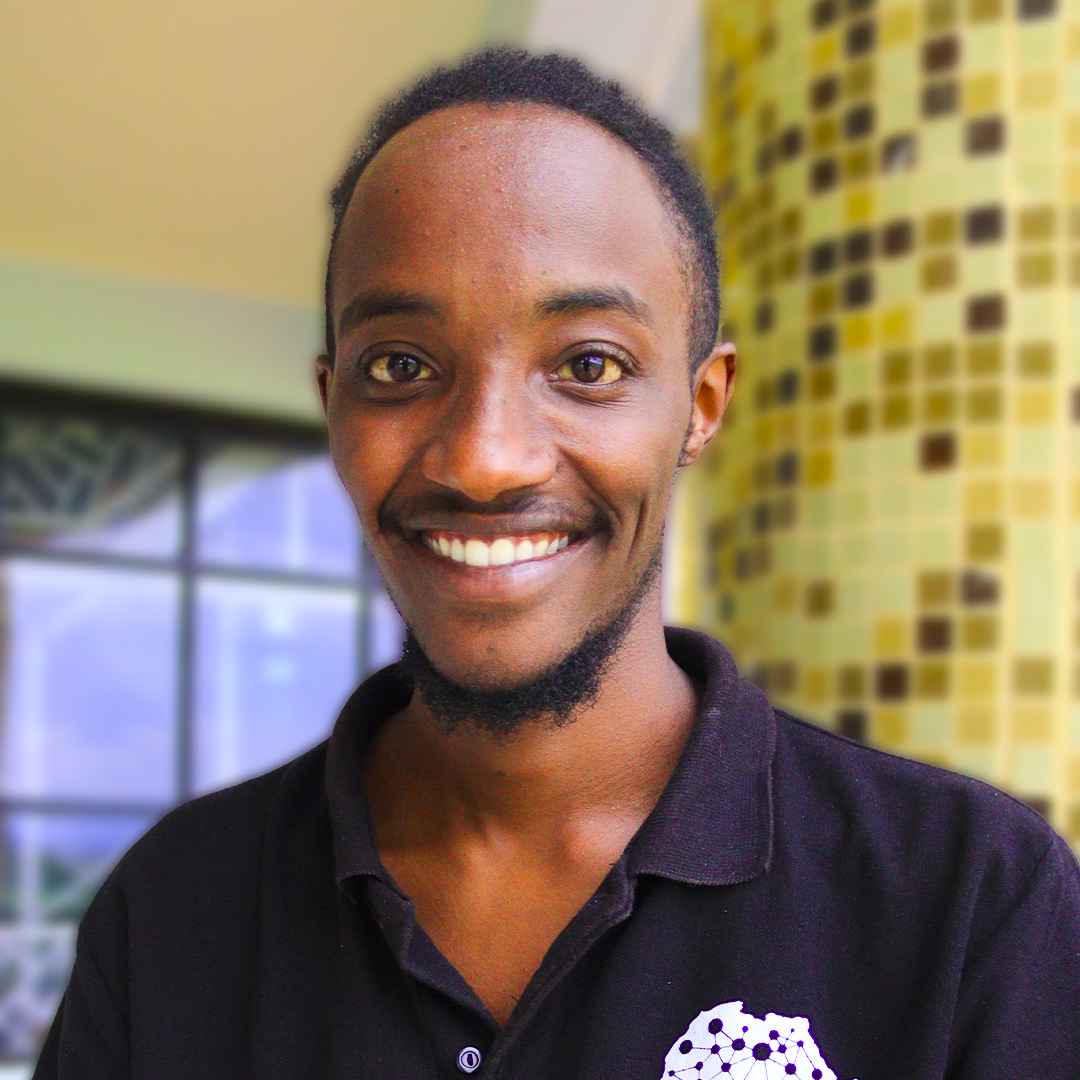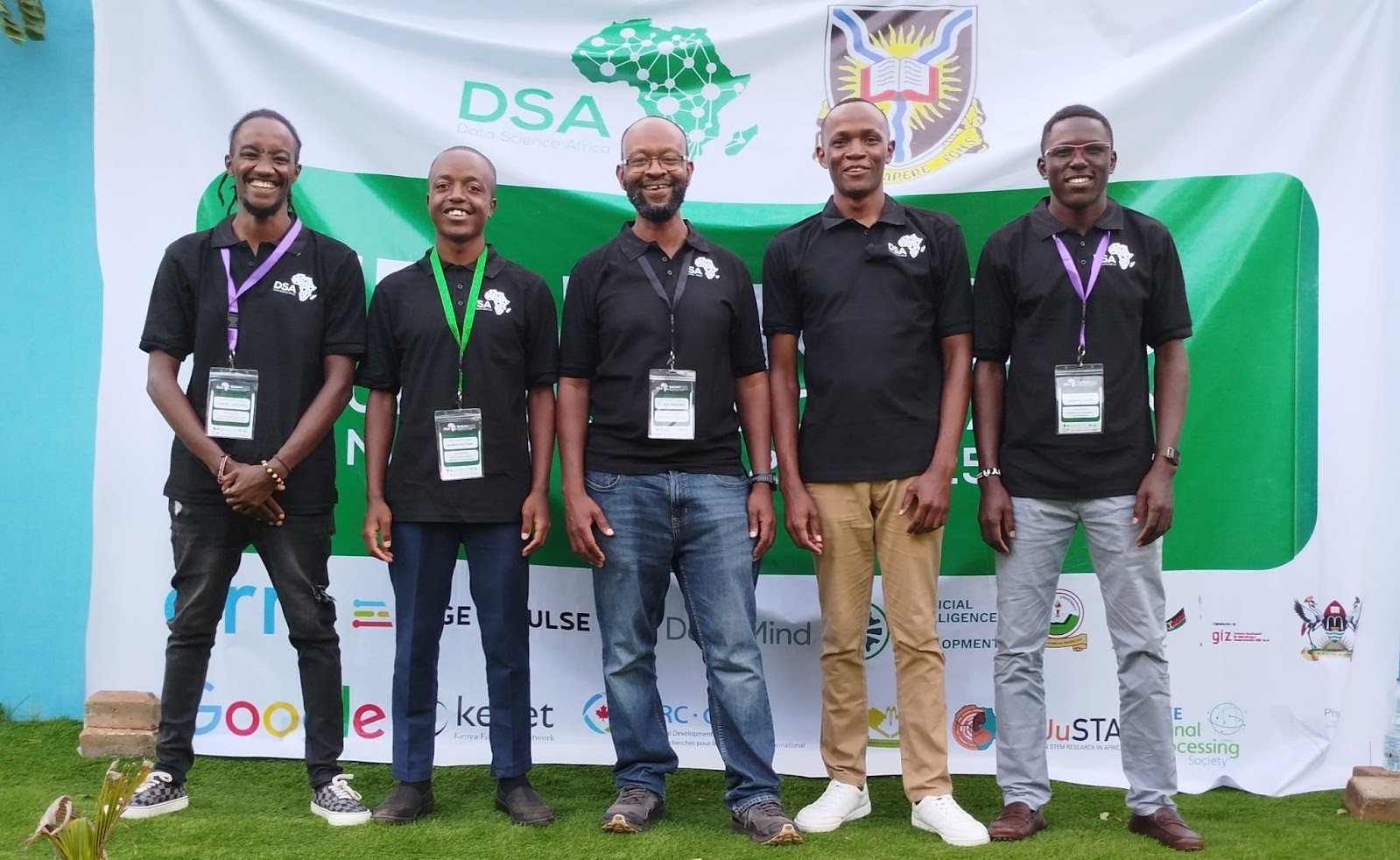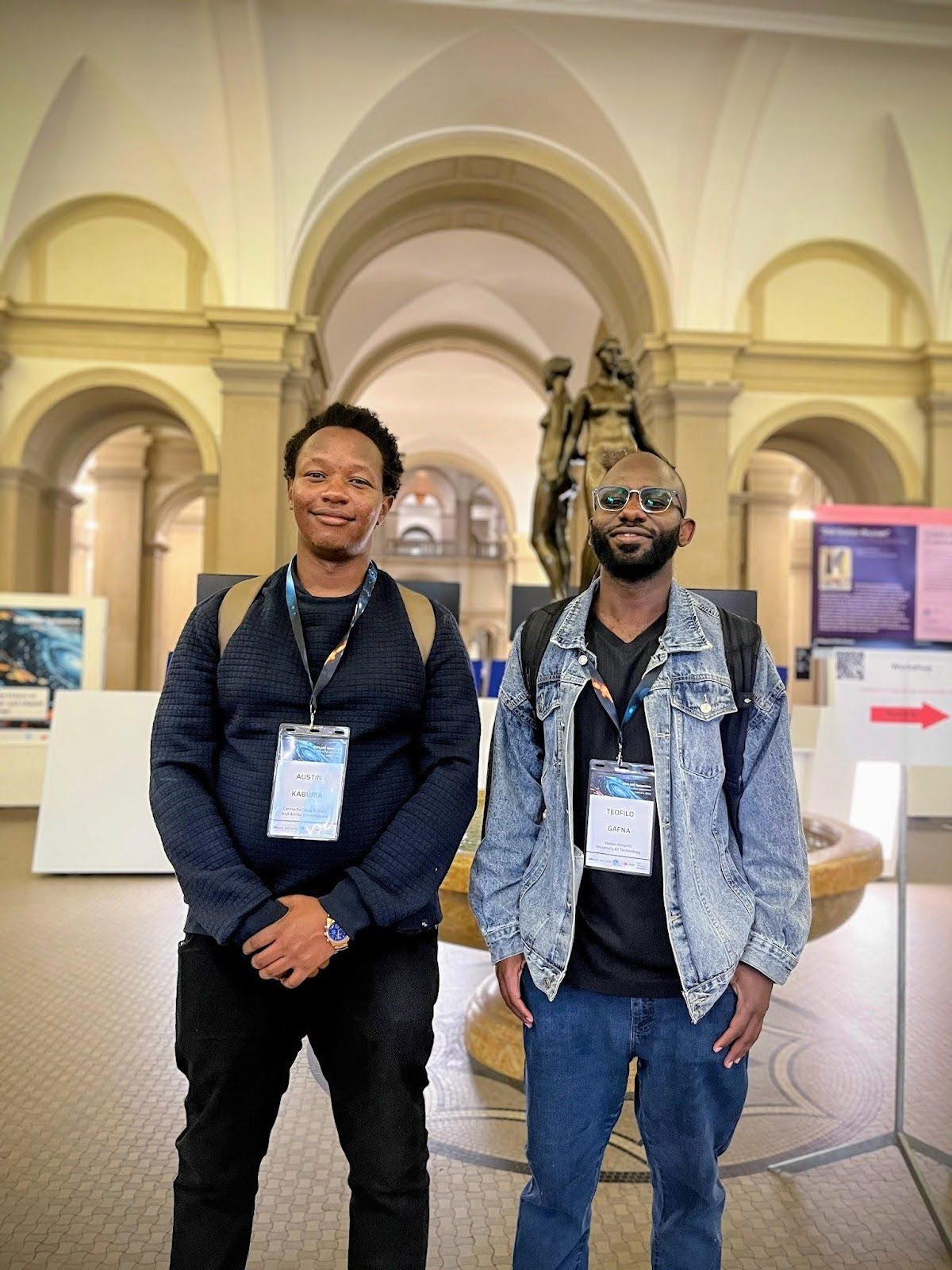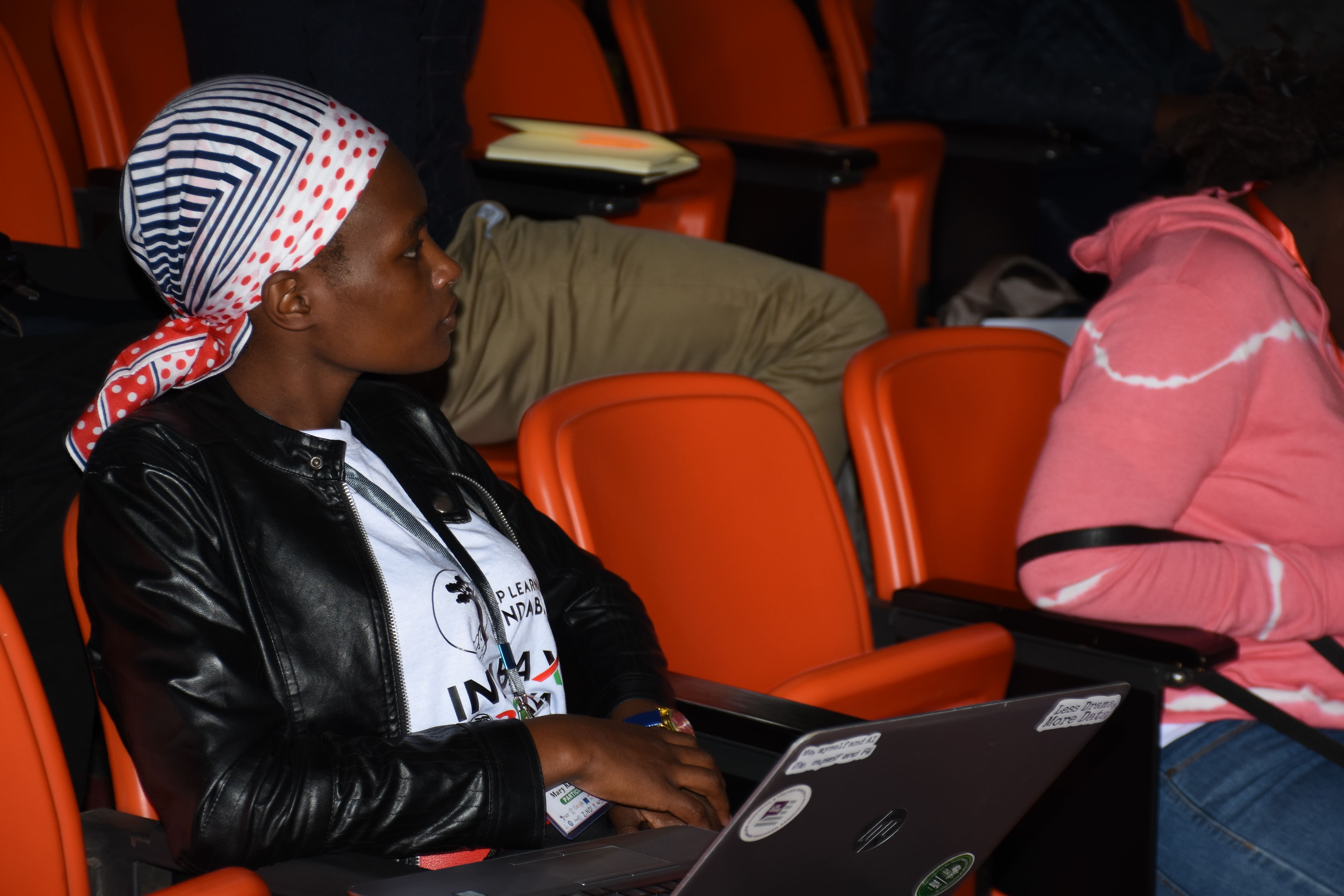Introduction
Data Science Africa (DSA) is a grassroots organisation founded in 2015 to provide high-quality training in data science, machine learning, and other emerging technologies and to leverage these technologies to develop solutions to African problems.
From June 2nd to 6th, 2025, a team from DSAIL attended the DSA Summer School and Workshop event held at the University of Ibadan in Ibadan, Nigeria. We are thrilled to share that it was an incredibly enriching experience, particularly for those of us who were first-time participants in this event.
A Deep Dive into Responsible AI
The theme, "Responsible Data Science: A practical path for sustainable development," resonated deeply throughout every session. From the intensive Summer School (June 2-4), which laid the foundational knowledge in data science and machine learning, to the captivating Workshop (June 5-6), showcasing cutting-edge applications, the focus was consistently on ethical considerations, fairness, and the real-world impact of our work.
We explored not just the 'how' but the crucial 'why'—why building robust, equitable, and impactful AI solutions is paramount for Africa's unique challenges and opportunities. The discussions around bias, privacy, and accountability weren't just theoretical; they were grounded in practical examples and collaborative problem-solving.
The conference was well structured, with the first three days (June 2-4) dedicated to the Summer School, focusing on foundational learning and hands-on tutorials in data science and AI, while the final two days (June 5-6) hosted the Workshop and a colorful tour around the University of Ibadan, emphasizing advanced applications and real-world case studies to inspire actionable outcomes.
Igniting Minds: The Summer School
The Summer School was a dynamic dive into the essentials of data science and AI. Lyngua Labs kicked things off with an engaging exploration of Natural Language Processing (NLP), unraveling the complexities of language through topics like text classification and question answering. We traced NLP’s evolution from 1960s chatbots to today’s powerful large language models (LLMs), experimenting with interactive notebooks like Text Classification and Simplified Transformer.
The excitement continued with an introduction to computer vision, where images were framed as functions mapping inputs to class outputs. Dina Machuve led a hands-on tutorial using the Poultry Dataset to demonstrate image classification, sparking lively discussions about real-world applications. Moses Thiga of Egerton University delivered a compelling keynote on Africa’s role in the global AI race, emphasizing AI’s potential to transform jobs and empower adopters. His call for Africa to build its own AI capabilities left us inspired.
Nsumba Solomon’s presentation on Ocular, an AI-driven platform for diagnosing diseases like malaria, tuberculosis, and cervical cancer, showcased how machine learning can revolutionize healthcare in resource-constrained settings.
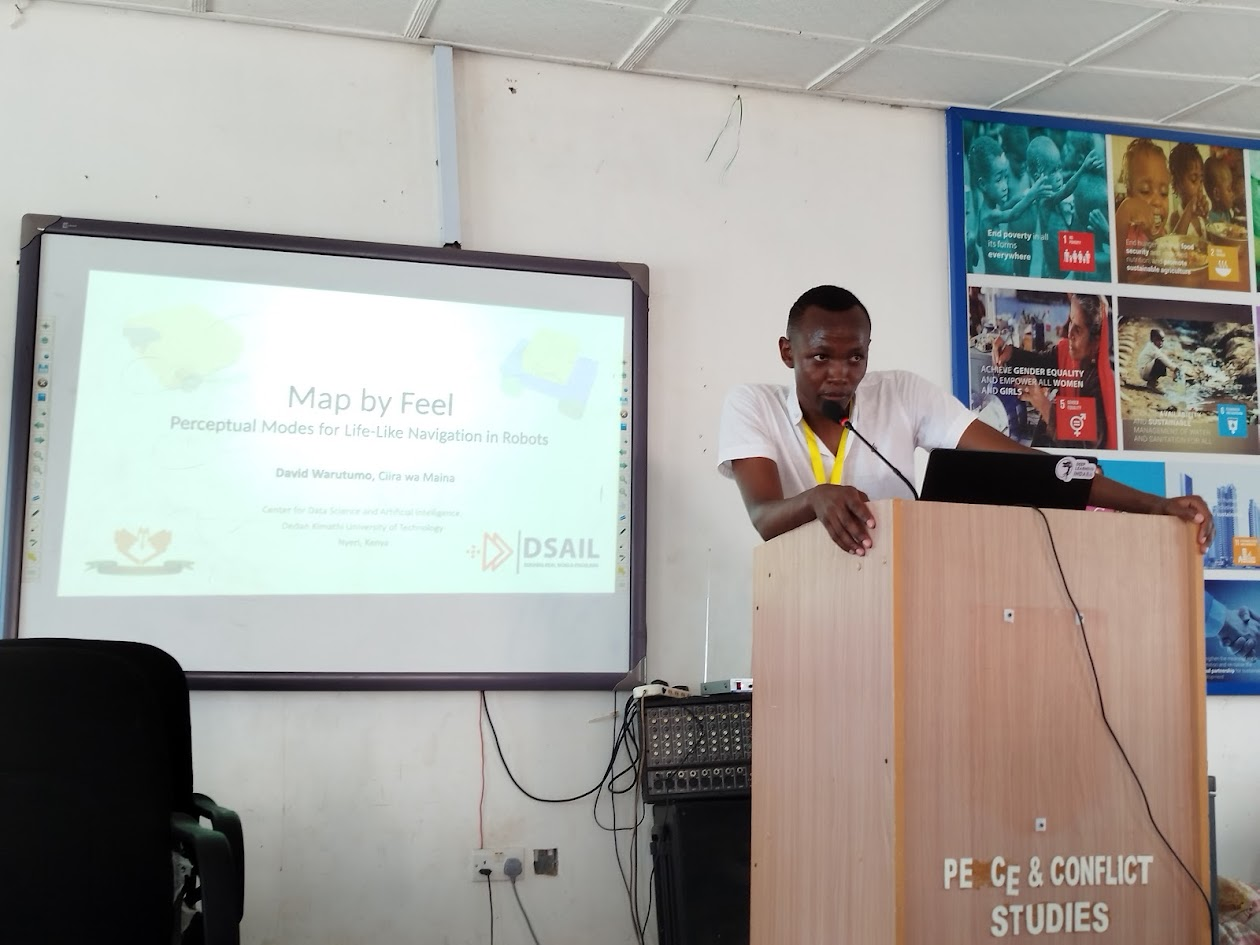 Another highlight was Map by Feel, an extended abstract by our very own David Warutumo and Ciira wa Maina, which explored bio-inspired robotics. Their work demonstrated how robots can navigate using simple sensory methods—bumping, distance sensors, and depth cameras—revealing trade-offs in speed, reliability, and map quality that ignited excitement about the future of robotics.
Another highlight was Map by Feel, an extended abstract by our very own David Warutumo and Ciira wa Maina, which explored bio-inspired robotics. Their work demonstrated how robots can navigate using simple sensory methods—bumping, distance sensors, and depth cameras—revealing trade-offs in speed, reliability, and map quality that ignited excitement about the future of robotics.
Pioneering Real World Solutions: The Workshop
The Workshop brought cutting-edge applications to the forefront, showcasing data science’s potential to address pressing challenges. Samuel Gachana, alongside Cedric Kiplimo, Prof. Ciira wa Maina, Dr. Arthur Sichangi, and Dennis Gitundu, presented their research on leveraging drone imagery and AI to monitor reforested areas in Kenya. Using DeepForest for crown detection and Meta’s Dinov2-derived canopy height model, they estimated tree height, crown diameter, and tree count, validated against field data, highlighting AI’s role in environmental conservation.
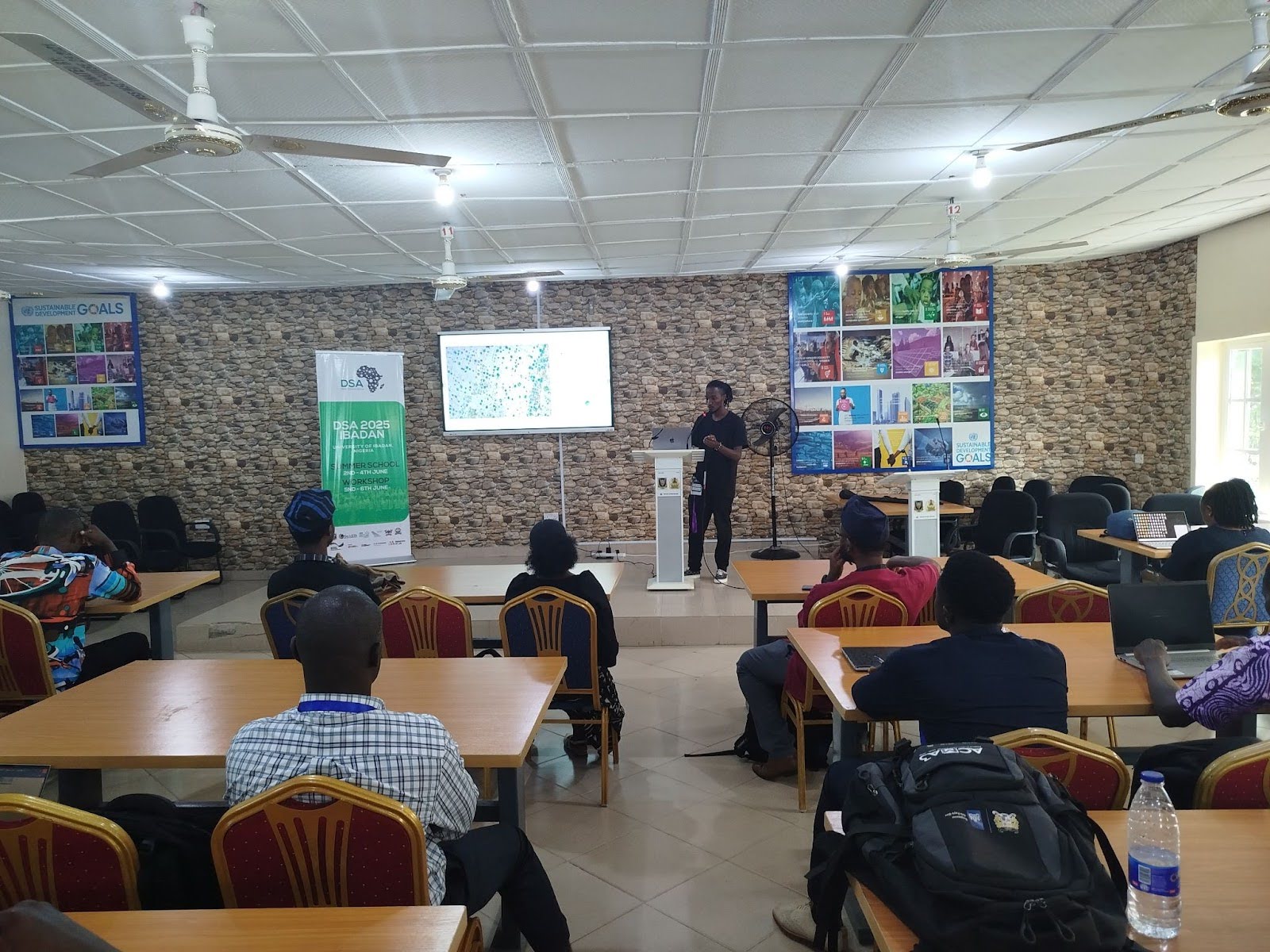
A session on malaria case prediction at EHA Clinics in Kano and Abuja demonstrated the power of integrating clinical symptoms and meteorological variables through machine learning to tackle public health challenges in Nigeria. Rafiu Badekale and Adewale Akinfaderin captivated us with their work on climate policy simulation for Sub-Saharan Africa, showing how data-driven models can inform sustainable policies for the region’s unique environmental challenges.
Generative and Agentic AI by Prof. Olufade F. W. Onifade
We were captivated by the keynote address from Prof. Olufade F. W. Onifade of the Computer Science Department, University of Ibadan, Nigeria. His talk, “Generative and Agentic AI: From Creativity to Autonomous Enterprise Systems”, offered a brilliant exploration of AI's evolving landscape.
Prof. Olufade began by clearly distinguishing between Generative AI (focused on creating content like text or images) and
A compelling real-world example shared was Gems AI, an intelligent ERP assistant. This system acts as a natural language interface for complex Enterprise Resource Planning (ERP) systems, allowing users to simply type commands. Gems AI then interprets, interacts with the backend, and executes actions, vastly simplifying internal operations, especially for non-technical users.
However, Prof. Olufade also highlighted critical challenges of Agentic AI, including:
- Hallucination The risk of AI producing inaccurate information.
- Security Risks The necessity for robust authentication and access permissions.
- Over-reliance: The danger of humans blindly trusting AI, potentially eroding critical thinking.
Connections That Matter
One of the most rewarding aspects of DSA 2025 was the vibrant community it fostered. We had the privilege of:
- Learning from the Best: Engaging directly with leading researchers and practitioners from across Africa and beyond. Their expertise and passion were truly inspiring.
- Networking with Peers: Connecting with fellow students, developers, and enthusiasts. Sharing ideas over coffee, brainstorming during breaks, and discovering potential collaborations were invaluable. The energy of so many like-minded individuals in one place was palpable.
- Witnessing Groundbreaking Research: The diverse array of paper presentations and poster sessions highlighted the incredible innovation happening right here on the continent. Seeing AI applied to everything from healthcare to agriculture and finance to climate change was a powerful reminder of the transformative potential of our field.
